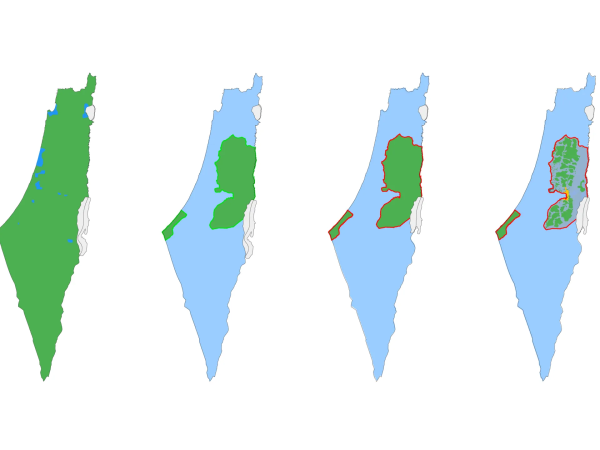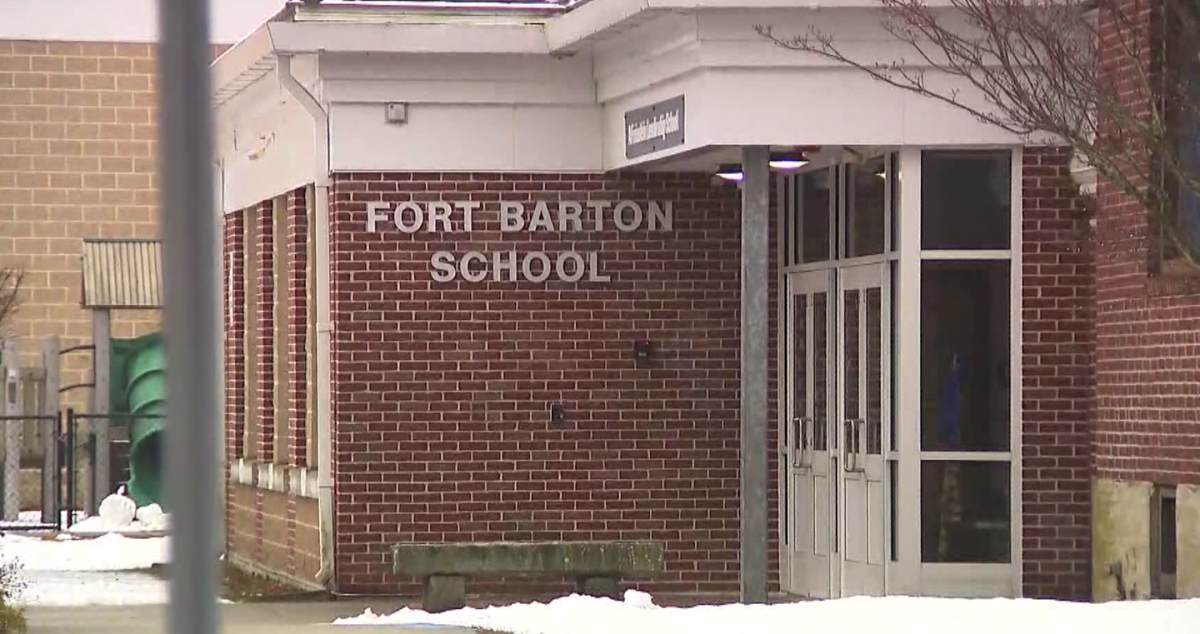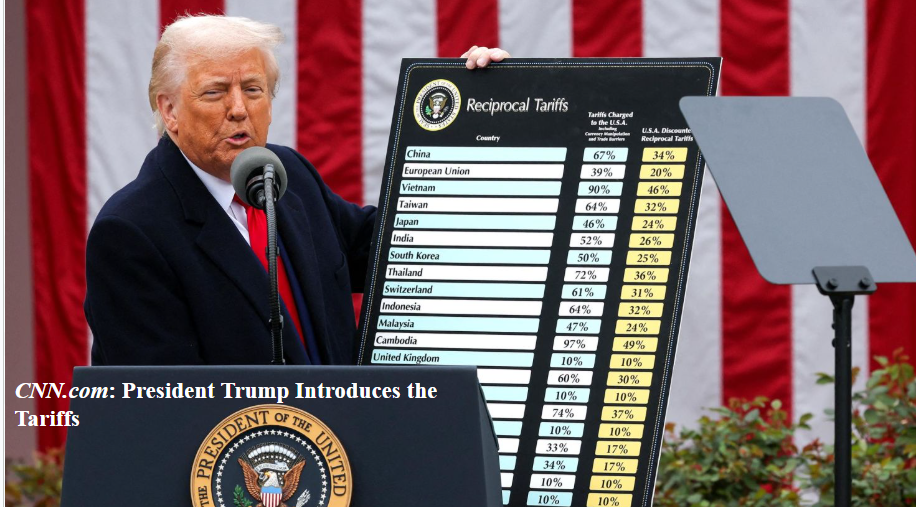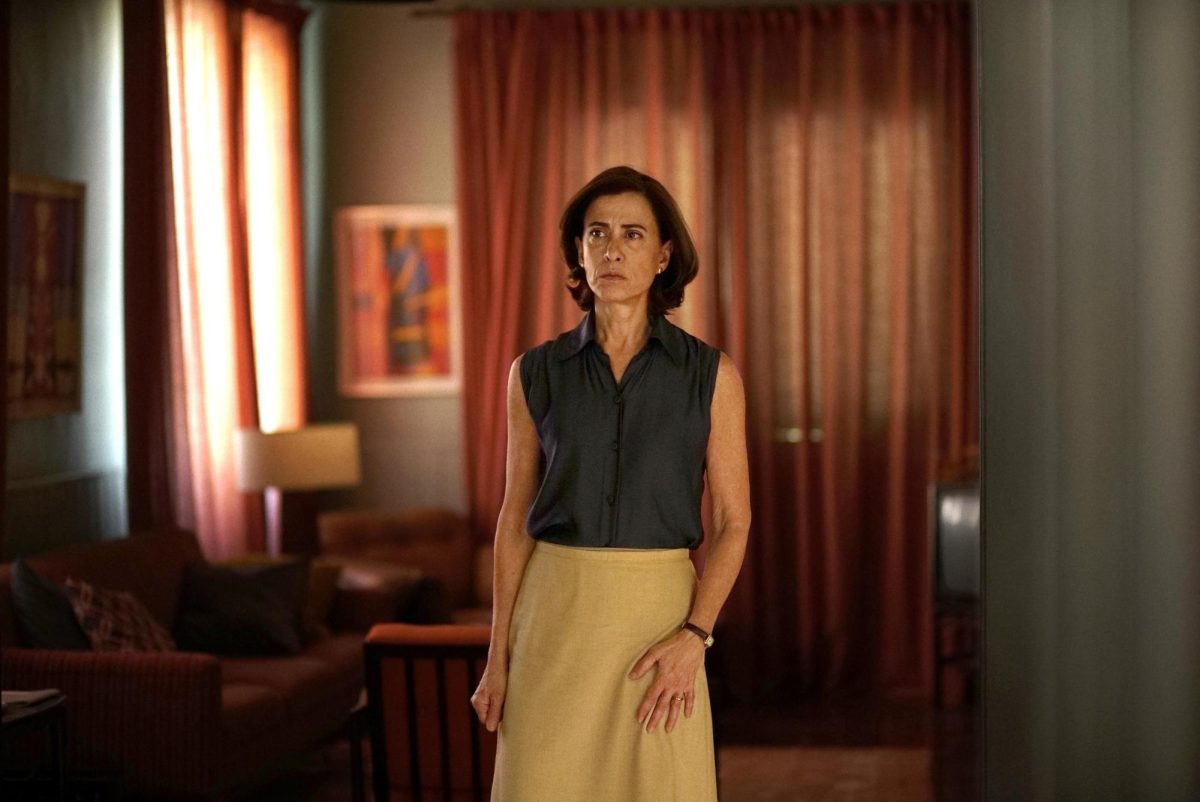Since January 15 of 2025, HAMAS– the militant group in place of a government in Palestine– and Israel have had a ceasefire deal, attempting to reach agreements on how the ceasefire should proceed. I am here to bring you into depth on what happened in the past two months, why this ceasefire was broken, and what is likely to happen now that the ceasefire has been rescinded.
Israel and Palestine: A Short-Term History, and A Long-Term Feud
The biggest misconception about the Israel and Palestine conflict is that the fighting only started recently. In reality, fighting between Palestine and Israel has been occurring for decades. In fact, there have been issues with the possession of the Gaza Strip for centuries, especially the holy area of Jerusalem and the Haram al-Sharif Temple. Both areas hold deep religious ties to Christianity, Islam, Judaism, and hundreds of other umbrella religions. The Battle of Jerusalem in 1948 saw the start of what would become feuding between the two countries for many years to come.
Following World War II, many Jewish people went looking for a place to inhabit, no longer feeling safe in Europe, where their families were murdered and held captive. They returned to the land of Israel, more specifically, Zion– the promised land they were once led to by Moses and Joshua in their religious texts. However, there were other people– Arabs, Muslims, and Christians, already occupying the land, leaving the Jewish with nowhere to go. Ever since then, there has been fighting as the land borders were changed. The most recent warfare has caused the holy lands to see more fatality than ever before.

HAMAS Vs. Palestine, HAMAS vs. Israel:
In October of 2023, HAMAS– the militant group that overthrew the Palestinian government in 2007 (after their inability to take action against Israel)– launched an attack on Israel following yet another dispute on land division. This marked the start of the most recent conflict between the two countries. Since then, hundreds of attacks, bombings, and hostages have been taken on both sides. The death toll preceding the ceasefire was almost 70,000, a majority being Palestinian citizens.
However, in January, a ceasefire was declared, and deals began between HAMAS and Israeli representatives. For the past two months, hostage trading was spoken about behind closed doors as part of a multi-step ceasefire plan. It looked like there was finally a chance for peace between the two warring nations. However, a disagreement was reached on the hostage situation, and, on March 18, Israel bombed Gaza, where most Palestinians have been seeking refuge, killing hundreds. Prime Minister of Israel, Benjamin Netanyahu, later announced it was part of his efforts to exit the agreement, and that this strike was “just the beginning”. President Trump has since backed Israel on this decision, and both leaders blame HAMAS and their resistance to releasing more hostages for the attack.
What Comes Next? What Will America Do?
President Trump and his administration are openly supportive of Israel, meaning there is a big chance that we will see more U.S. government involvement within this war, something many people supporting either side are against. Trump seeks to aid Israel (as is his duty to the United Nations), and with support from the United States, there is little hope for an end to the fight any time soon.
An Israeli citizen who became a hostage at the start of the war, Eli Sharabi, was held hostage in Gaza for 491 days, and, when pressed about his experiences, says, “I’ve come back from hell”, he said, “No more excuses; no more delays; if you stand for humanity, prove it, bring them home.”
Few Palestinians have been released from captivity, especially since the ceasefire was shattered, and according to Prime Minister Netanyahu, they will not release more hostages until “the release of the next hostages has been assured, and without the humiliating ceremonies [at handovers of Israeli captives in Gaza, which includes presenting the Israelis in front of a crowd with a certificate of their release].”
Families and friends of both Israeli and Palestinian hostages have cried for a ceasefire renewal, just wanting an end to the violence and a chance to see their loved ones once more. With terror and death on both sides, all anyone can hope for is a safe return for all hostages and the end to a century of violence in Gaza.























